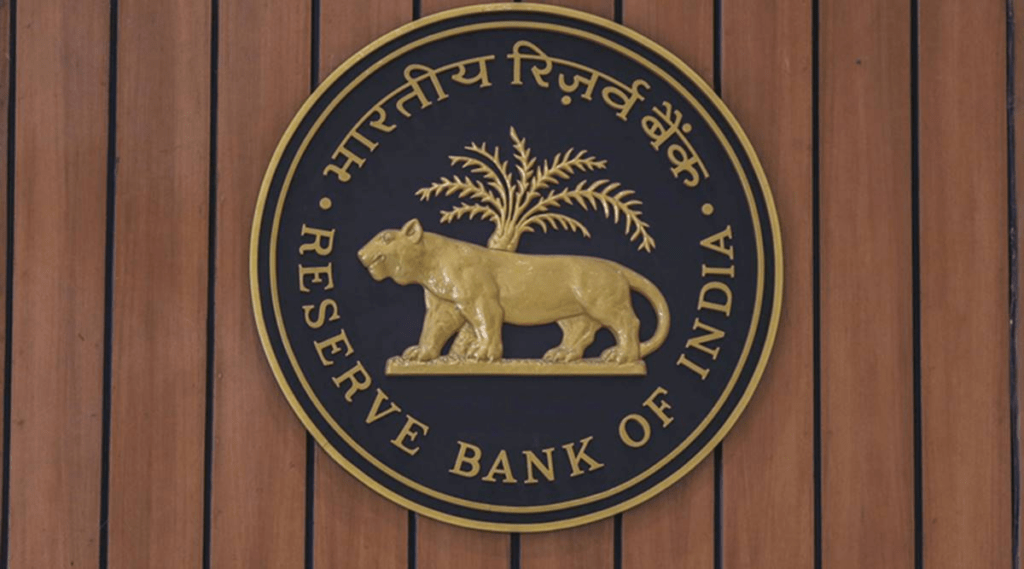On April 11, 2023, the RBI stated that climate change has been identified as one of the most critical challenges confronting global society and the economy in the twenty-first century. The financial sector has a critical role to play in mobilising resources and allocating them to green activities and projects. Green finance is gaining traction in India as well.
Deposits are a significant source of funds for the Regulated Entities (REs). Some REs are already offering green deposits to help finance green activities and projects. Taking this a step further, and with the goal of fostering and developing the country’s green finance ecosystem, it has been decided to implement the enclosed Framework for Acceptance of Green Deposits for REs. As a result, the RBI has issued a framework for the acceptance of Green Deposits in the country.
According to the framework, entities regulated by the RBI can accept green deposits from customers, with the proceeds going towards projects in sectors such as renewable energy, energy efficiency, promoting climate resilience, and improving natural ecosystems and biodiversity.
As per the framework, green deposits are intended for promotion of renewable energy, energy efficiency, clean transportation, climate change adaptation, sustainable water and waste management, pollution prevention and control, green building, sustainable management of living natural resources and land use, terrestrial and aquatic biodiversity conservation.
However, green deposits will exclude the projects involving new or existing extraction, production and distribution of fossil fuels, including improvements and upgrades, or where the core energy source is fossil-fuel based, nuclear power generation, direct waste incineration, alcohol, weapons, tobacco, gaming, or palm oil industries, renewable energy projects generating energy from biomass using feedstock originating from protected areas, landfill projects and hydropower plants larger than 25 MW.
All deposit-taking banks will also be required to implement a comprehensive Board-approved policy outlining all aspects of green deposit issuance and allocation. The boards will also need to put in place a financing framework for effective green deposit allocation. The same will be subject to an annual third-party verification by an independent third-party.
The allocation of funds raised through green deposits by REs during a fiscal year shall be subject to annual independent third-party verification or assurance. The third-party assessment would not absolve the RE of responsibility for the end-use of funds, for which the established procedures of internal checks and balances would have to be followed, as with other loans.
According to the RBI, banks can choose the tenor, size, and interest rate in accordance with the rules. Customers will have the option of renewing or withdrawing their green deposits when they reach maturity. The Reserve Bank of India has stated that green deposits will only be accepted in Indian rupees. The framework will take effect on June 1, 2023.
